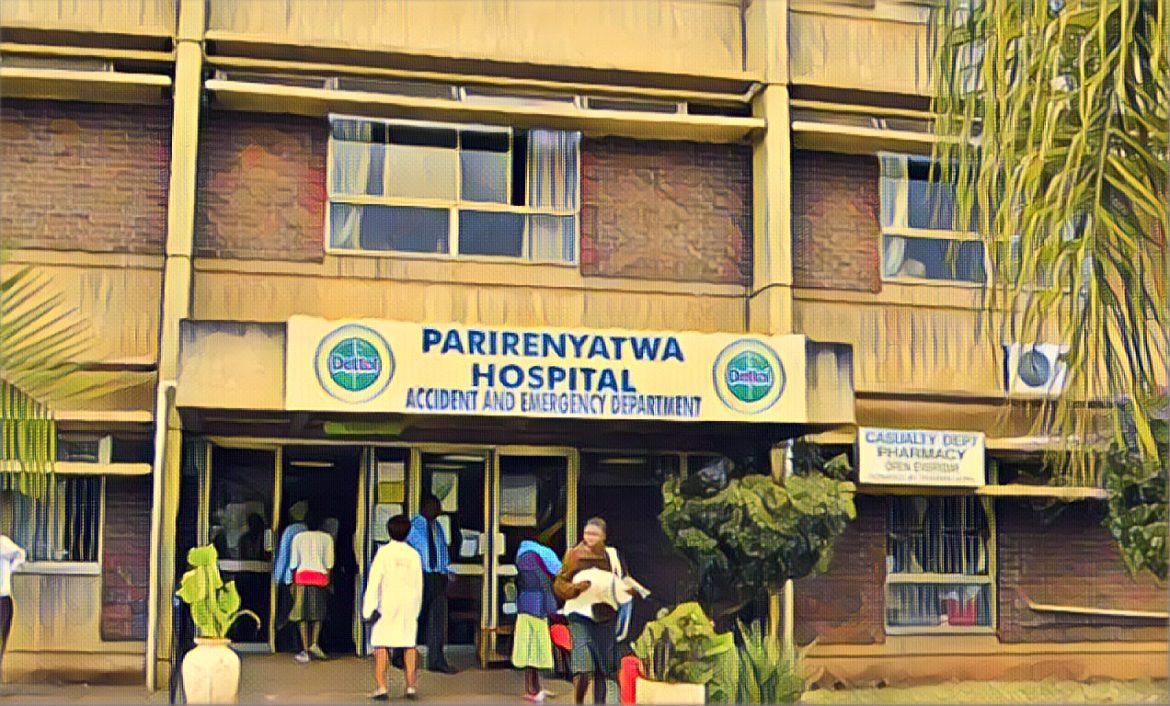Parirenyatwa Hospital, Zimbabwe’s largest referral hospital, is in critical condition. A confluence of factors – a financially draining free treatment policy, a mass exodus of medical professionals, and malfunctioning equipment – threatens the hospital’s ability to deliver adequate healthcare to the nation.
Free Treatment Policy: A Noble Cause, Strained Finances
One of the major challenges is the government’s free user policy. This policy grants specific groups, including those under five and over 65, free access to a wide range of medical services. While intended to improve access to healthcare, it has placed a significant burden on Parirenyatwa’s finances.
The hospital incurs substantial debt because the government fails to adequately reimburse them for the free services provided. Mercy Sanzira, the hospital’s finance director, explains that they only received reimbursements for three out of twelve months for maternity care in 2023, and a meager one month’s reimbursement so far in 2024. This financial strain makes it difficult for Parirenyatwa to maintain essential supplies and equipment.
Brain Drain and Equipment Woes Compound the Crisis
The situation is further exacerbated by a severe staff shortage. Parirenyatwa is battling a staggering 368 vacant specialist positions in critical areas like gynecology, pathology, oncology, and palliative care. These vacancies create a bottleneck in service delivery, leaving many patients waiting for crucial medical interventions.
Compounding these staffing woes is the issue of malfunctioning equipment. The hospital’s renal and radiotherapy units are particularly affected. The radiotherapy machines, vital for cancer treatment, have been out of service for over two years. Additionally, the hospital lacks functional radiology and imaging equipment, chemotherapy medications, and surgical anesthesia equipment. Even when equipment exists, it’s often outdated, hindering the quality of care provided.
Parliament Demands Innovation, Questions Leadership
Members of the Parliamentary Health Committee recently visited Parirenyatwa and expressed deep concern. Committee chairperson Daniel Molokele criticized the hospital leadership for lacking innovation and failing to explore alternative revenue streams. He pointed out that many Zimbabweans travel to neighboring countries for medical services that Parirenyatwa could potentially provide.
“A lot of Zimbabweans are going to South Africa, Zambia, and India for services that Parirenyatwa can provide,” Molokele said. “You are just watching, you are complaining… you should be thinking outside the box.”
Molokele suggested that the hospital administration should advocate for policy changes to the free user program and explore Public-Private Partnerships (PPPs) to address the financial shortfalls.
The future of Parirenyatwa Hospital hangs in the balance. The free user policy, staff shortages, and outdated equipment create a critical situation. Without significant changes, including potential policy adjustments, increased government funding, innovative revenue generation strategies, and a renewed focus on attracting and retaining staff, Parirenyatwa may struggle to fulfill its role as Zimbabwe’s premier healthcare institution.
Source: New Zimbabwe


